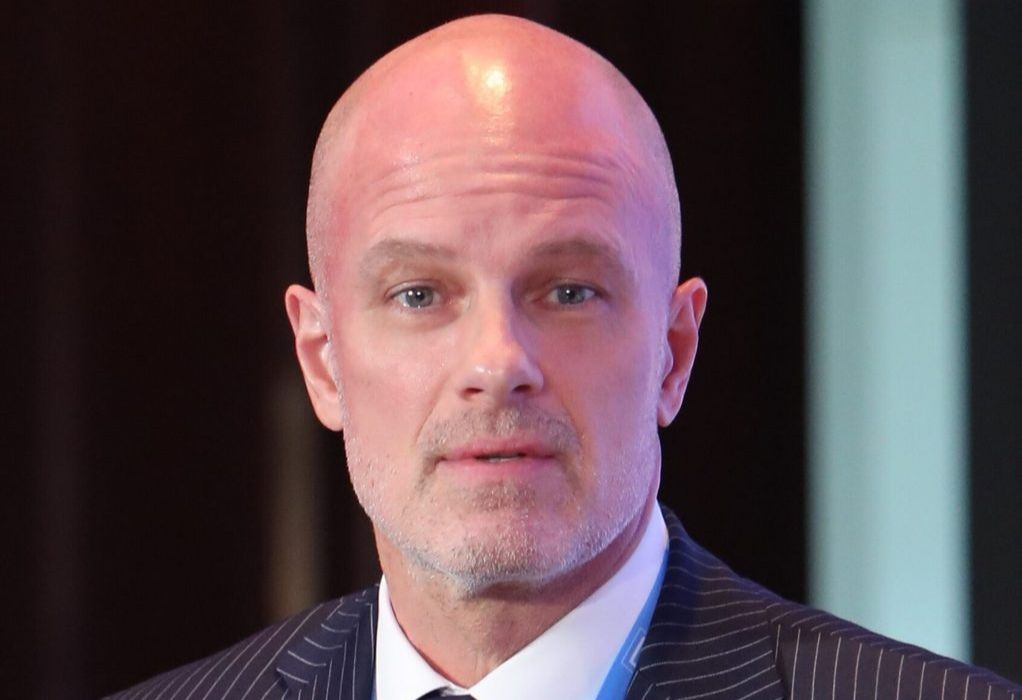Mr Chris Chatterton, Chief Operating Officer (COO), the Methanol Institute (MI), shared his views with Future Fuels in an exclusive interview on the solutions offered to the shipping industry, with a focus on methanol as an option.
What are the milestones achieved by Methanol Institute towards decorbonisation so far?
MI actively participated and supported the various discussions and working groups at IMO since 2015 in drafting the methanol particulars for the IGF Code. Since methanol’s approval for inclusion in the IGF Code in 2019, MI has worked extensively with class, leading yards and maritime associations, naval architects, ports, producers/suppliers, OEMs and others to not only raise awareness of methanol as a sustainable maritime fuel but also to put vessels on the water today. We are now well beyond demonstrating regulatory, safety and technical readiness and are working to create the physical bunkering capacity required to support the numerous dual fuel methanol new buildings which are being announced with considerable frequency.
Methanol as alternative fuel is recently gaining traction in maritime industry with a lot big shipping liners building exclusive methanol-fueled ships. Do you think methanol can meet the both demand and supply needs of the industry in the coming years?
Absolutely, as conventional methanol is already widely available globally in key ports due to its legacy use as a key petrochemical building block. Methanol produced from natural gas is a compliant fuel under prevailing policy and can significantly lower SOx, NOx and PM – all defined as gases and pollutants within the IMO which will be regulated via the EU ETS, FuelEU Maritime and Energy Taxation Directive in the mid-term. The incremental blending of renewable methanol, on an as-needed basis with conventional methanol, allows vessel owners greater flexibility in targeting specific levels of GHG emissions reduction per individual vessel, as the next logical step to decarbonisation after CII.
Considering the on-going initiatives for developing eco-friendly fuels, do you think the IMO’s CO2 emissions target of 2050 is attainable?
Yes, it is obtainable but it will require more thinking outside the box – beyond main propulsion and fuels, to include vessel design, level of autonomy, advanced materials, ship building and scrapping, with considerably more collaboration and “coopetition” across the entire value chain.
How to manage methanol safely? Any research done/being done on its safety aspects?
Methanol has been safely handled for over 50 years in a seaborne environment and has been growing as a safe and clean fuel solution for decades in numerous other mobility and power applications. There is considerable research and reference documentation available across all applications, many of which are already multi-million ton markets.
For green transition, the ship owners will have to adopt new vessels with huge investments; do you think it will affect the shipping business?
Yes, this a capital intensive industry which is set to grow further – in fact, maritime emissions have increased over the past two years. There is a strong need to confirm, implement and enforce policy so that the rules of the game are transparent and easily understood, which will allow additional investments to made – in fact today it makes more economic sense to invest in carbon neutral vessels.
Do You think the Governments and regulatory agencies have a role to play in stabilizing the prices of methanol?
Not directly however, through the implementation of Market Based Measures (MBM), such as a carbon tax, they will provide transparency and indirect guidance for vessel owners, technology selection for specific fuels and certified emissions reduction.
Other than marine industry where else do you see potential for menthol as alternative fuel?
It is already being tested in aviation and has been used for decades in other mobility platforms, to include passenger vehicles, light-duty vehicles, heavy-duty trucks, buses, gen sets and earth moving equipment. Methanol can also be found as the primary energy carrier for fuel cells – both stationary and transportation systems. More recently, methanol has been evolving as a clean cooking fuel in the HoReCa sector in several countries where gas infrastructure is in deficit or in less developed countries where a switch from hard fuel (environmental concerns) or LPG (safety concerns) is taking place. In industrial settings, methanol is used in ceramic sintering, as industrial boiler fuel and in centralized heating systems for entire apartment blocks.
Tags: Chris Chatterton, Decarbonisation, Energy Transition, IGF Code, IMO, Methanol, Methanol Institute, Shipping



Recent Posts
Goltens Partners with Orcan Energy to Expand Marine Waste Heat Recovery Solutions
NWSA Launches First Incentive Program for Zero Emission Trucks in Washington
IHI and Vopak Partner on Ammonia Terminal Development in Japan
Chimbusco Pan Nation Completes First B30 Marine Gasoil Delivery in Hong Kong
ITOCHU Announces Newbuilding Order for Ammonia Bunkering Vessel
India Launches Incentive Scheme for Electric Trucks under PM E-DRIVE Initiative
Royal Caribbean Welcomes LNG-Fueled Star of the Seas to Its Fleet
Swire Shipping Launches ‘Voyage to Zero’ to Help Customers Cut Scope 3 Emissions Swire